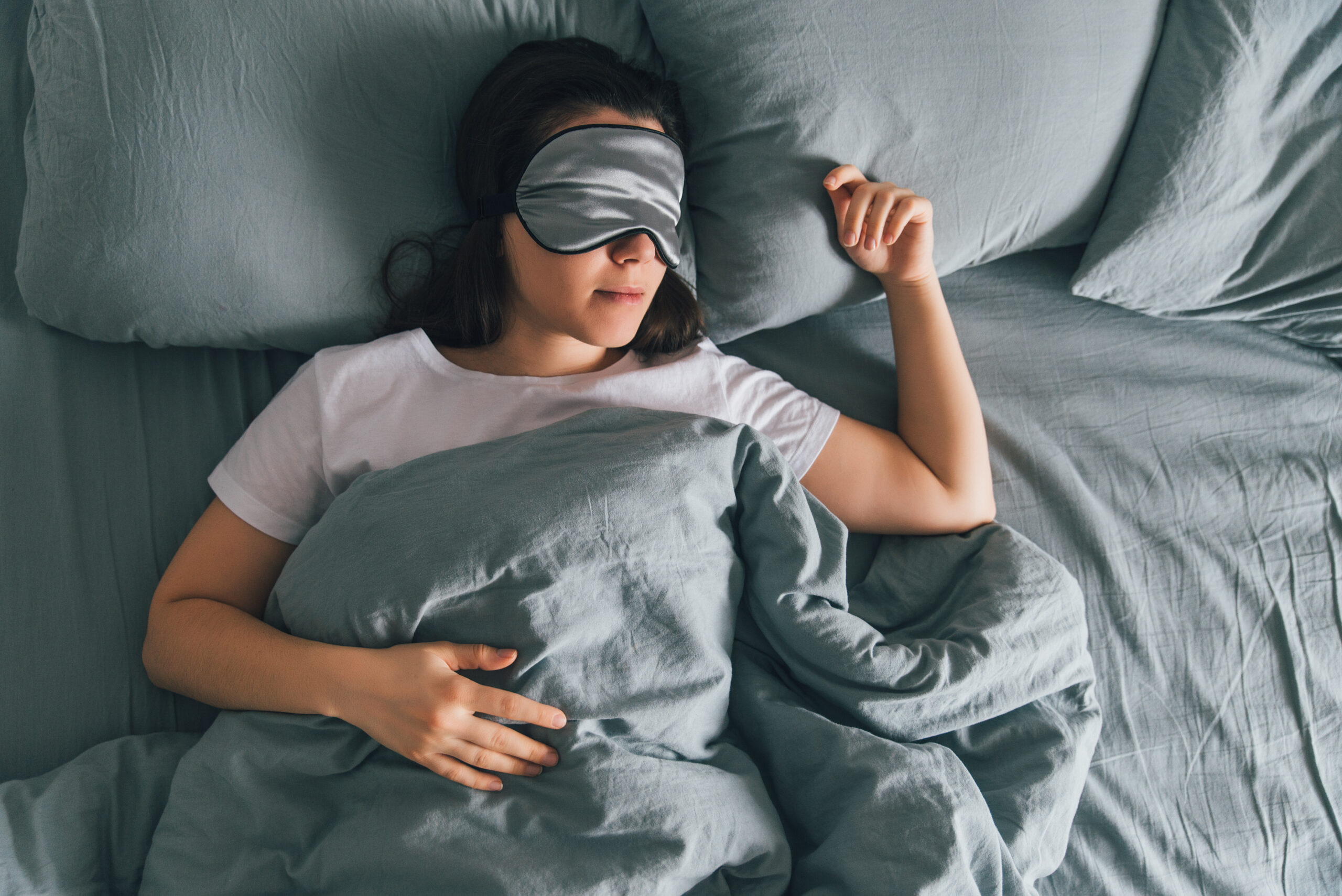Quality Sleep Habits Boost Physical and Mental Health
In our fast-paced world, where hectic schedules and digital distractions often take center stage, one crucial aspect of our lives often gets overlooked: sleep. A growing body of research underscores the significance of healthy sleep as an essential component of overall well-being.
READ: Health: Early Risers Enjoy Increased Productivity and Health Benefits
The Power of a Good Night’s Sleep
Adequate, restorative sleep is not just a luxury; it’s a necessity. Experts recommend adults aim for 7-9 hours of quality sleep each night. Achieving this goal can bring a multitude of benefits:
- Physical Health: Proper sleep supports the body’s immune system, aiding in the fight against illnesses. It also helps maintain a healthy weight by regulating appetite and metabolism.
- Mental Health: Sleep plays a pivotal role in mental well-being. It enhances cognitive functions such as memory, problem-solving, and creativity. Lack of sleep can contribute to mood disorders like depression and anxiety.
- Stress Reduction: A good night’s sleep can reduce stress and improve emotional resilience. It allows the brain to process emotions and experiences, making it easier to cope with life’s challenges.
- Enhanced Productivity: Well-rested individuals tend to be more productive and alert. They make fewer errors, exhibit better decision-making, and have improved concentration.

Tips for a Healthier Sleep Routine
Creating a healthy sleep routine can significantly improve the quality of your rest. Here are some tips to help you get started:
- Consistent Schedule: Go to bed and wake up at the same time every day, even on weekends, to regulate your body’s internal clock.
- Create a Sleep-Friendly Environment: Make your bedroom a sanctuary for sleep by keeping it dark, quiet, and cool. Invest in a comfortable mattress and pillows.
- Limit Screen Time: Reduce exposure to screens (phones, computers, TVs) before bedtime, as the blue light emitted can interfere with your body’s production of melatonin, a hormone that regulates sleep.
- Watch Your Diet: Avoid heavy meals and caffeine close to bedtime. Opt for a light snack if needed.
- Regular Exercise: Engage in regular physical activity, but try to avoid intense exercise too close to bedtime.
- Relaxation Techniques: Practice relaxation techniques such as deep breathing, meditation, or gentle stretching before bed to calm your mind and prepare for sleep.
- Limit Naps: While short power naps can be rejuvenating, long daytime naps can disrupt nighttime sleep patterns.

Healthy sleep is not a luxury; it’s a fundamental aspect of a balanced and fulfilling life. Prioritizing good sleep hygiene can lead to improved physical and mental health, increased productivity, and a greater overall sense of well-being. So, make sleep a priority, and reap the benefits of a rested body and mind.
FOR MORE HEALTHY TIPS CLICK HERE

